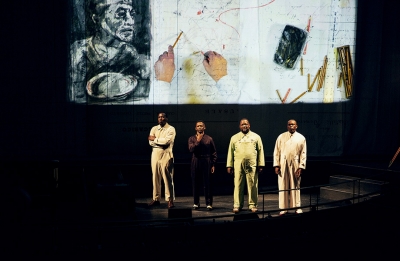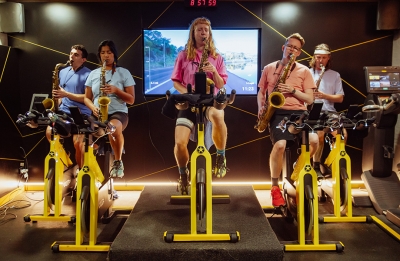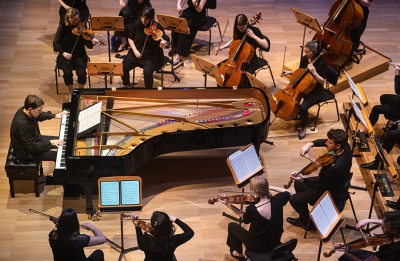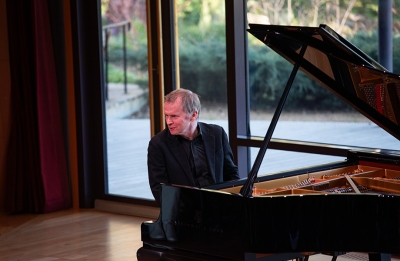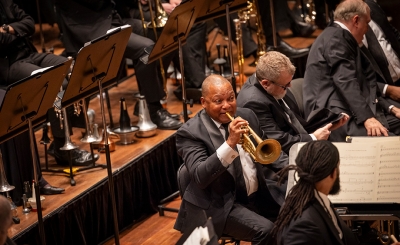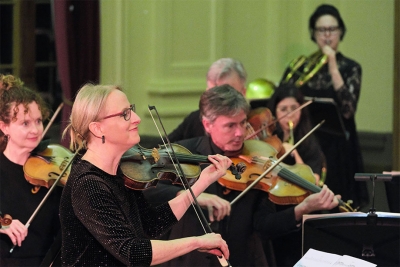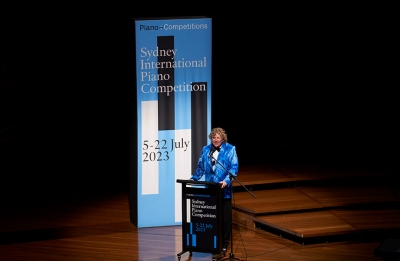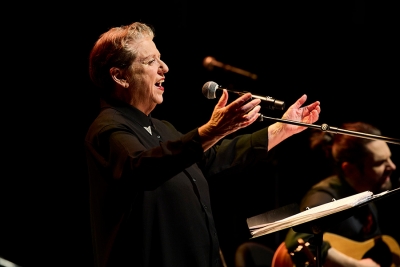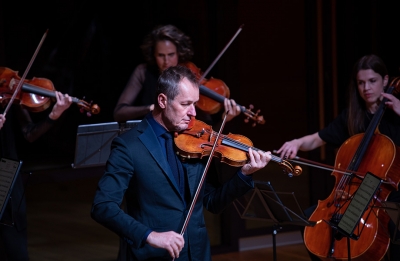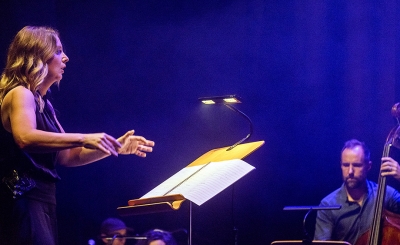Music
The use of the word ‘protean’ has become clichéd. Similarly, ‘Renaissance man/woman, polymath’ etc., have been used to describe many artists, perhaps never more appropriately than in the case of William Kentridge. His output is staggering, ranging over stage works, a wide range of performance art, installations, film, and several other areas, yet whatever the work might be, it is immediately recognisable.
... (read more)Melbourne International Jazz Festival
Building on the success of the 2022 Melbourne International Jazz Festival (MIJF) – never guaranteed, coming off Melbourne’s lockdowns – the MJIF’s artistic team, at first glance, looked to have voted for more of the same, casting a wide net to ensure that plenty of musical diversity was on offer. After the triumph of last year’s Big Saturday event at Sidney Myer Music Bowl, featuring New Zealand funksters Fat Freddy’s Drop, the Festival rebranded this year’s event Jazz at the Bowl, headlined by 1980s soul diva Chaka Khan and funk producer Nile Rodgers, best known for his pioneering work with Diana Ross and David Bowie.
... (read more)Sophie Rowell’s first year as Melbourne Chamber Orchestra’s Artistic Director continues to impress with its attractive and intelligent programming and strong musical leadership on stage.
... (read more)To say that Steven Osborne is one of the more uncompromisingly personal artists out there sounds like the kind of praise that is obligatorily handed to any performer who truly belongs to the top tier. But in the case of this Scottish pianist, his playing can be so individual that one has to enquire into the distinctiveness of his art in order to fully appreciate it.
... (read more)When Wynton Marsalis’s début album appeared on CBS Records in 1982, with its moody, pensive black and white cover portrait of the then twenty-year-old trumpeter, few could have predicted where his career was headed. Sure, he had performed Haydn’s Trumpet Concerto with the New Orleans Philharmonic at fourteen, and further honed his craft in the trumpet chair of Art Blakey’s Jazz Messengers.
... (read more)Midsummer Dreams: Mendelssohn Scottish and Beethoven Eight
A century ago, as Australia’s nascent capital planned its performing-arts future, it opted for a ‘commodious’ assembly hall, serving conference and recreational purposes, and doubling as a municipal theatre. Completed in 1928, Albert Hall was to be the ‘centre from which will radiate all those aspirations that are truly national’, as then Prime Minister Stanley Melbourne Bruce pompously intoned at its opening. Since then, the Hall’s record has been less illustrious, often housing carpet or shoe sales, community fairs or eisteddfods. With its peeling ceiling, drooping curtains, winter draughts, and cramped, overly elevated stage, it has proven a challenge to several generations of concert entrepreneurs.
... (read more)At last, ‘The Sydney’ is back. Not since 2016 has the city given a live welcome to one of its most distinctive artistic events: the Sydney International Piano Competition. After frustrating years of virtual activity, planning insecurity, and structural rethinking, Piano-Plus (Piano+) has emerged as the umbrella body for presenting a wide range of competition, festival, touring, and educational activities.
... (read more)How might Australian history be characterised in song? Described as 150 years of alternative Australian voices, Robyn Archer’s An Australian Songbook is a very personal song selection that convincingly shows how song is the lifeblood of a healthy society, and a mirror to it.
... (read more)As much as it is a continual delight to hear the Australian Chamber Orchestra (ACO) giving unfailingly wonderful performances in its national touring programs, one is often left yearning to know more about this ensemble’s inner workings and how it creates its magic. For in its artistic director, Richard Tognetti, one might say there is indeed something of the magician, evident both in his own uniquely arresting violin playing and in the way he elicits quite startling results from his fellow musicians.
... (read more)It is hard to believe that an organisation founded forty years ago could still be flourishing today under the helm of its original founder. When current creative director Martin Jackson, in 1982, conceived the idea of a co-operative aimed at fostering the development of jazz and improvised music in Melbourne, I doubt he could have foreseen where it might lead. But here we are, four decades on, part of a full house at the Melbourne Recital Centre, here to celebrate the numerous achievements of the Melbourne Jazz Co-operative (MJC).
... (read more)

